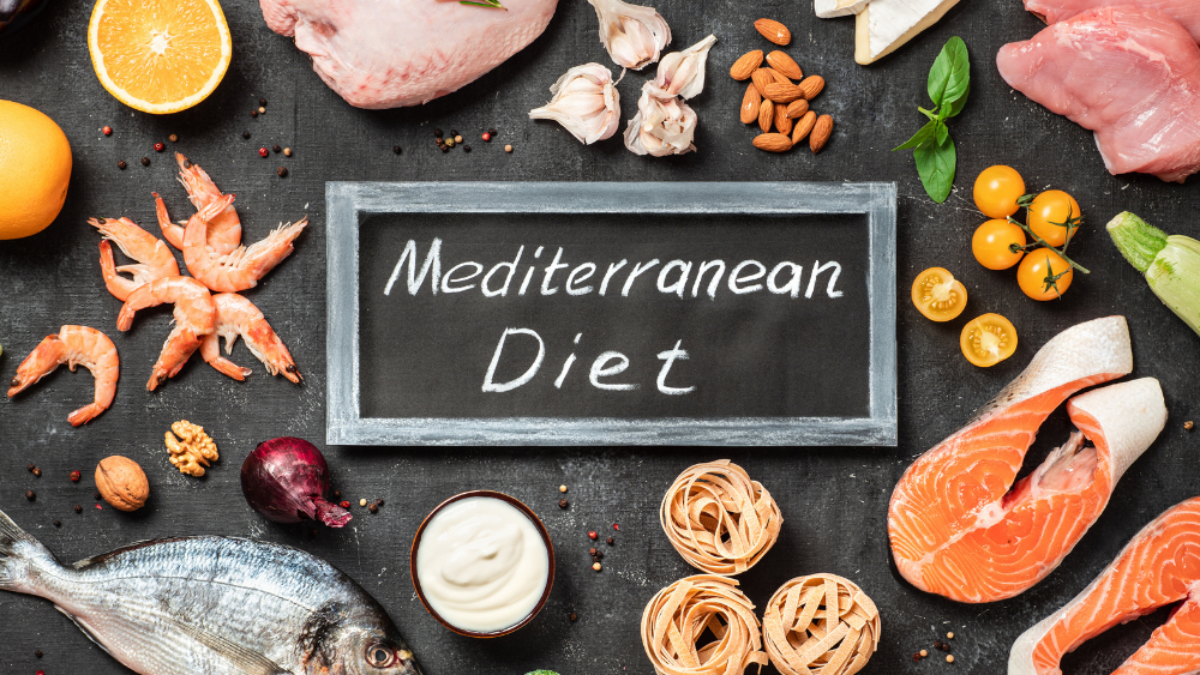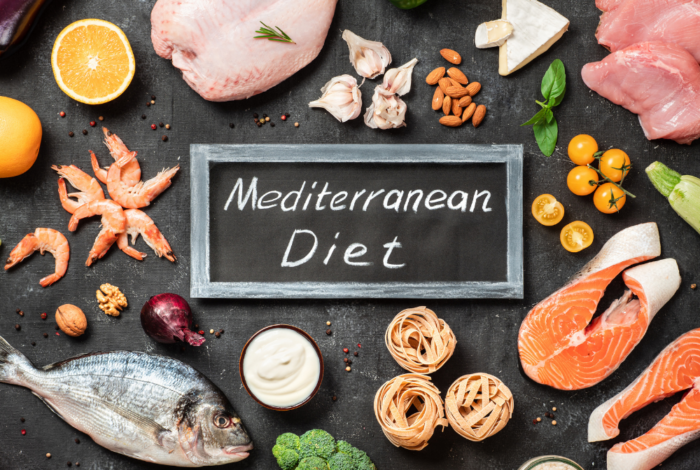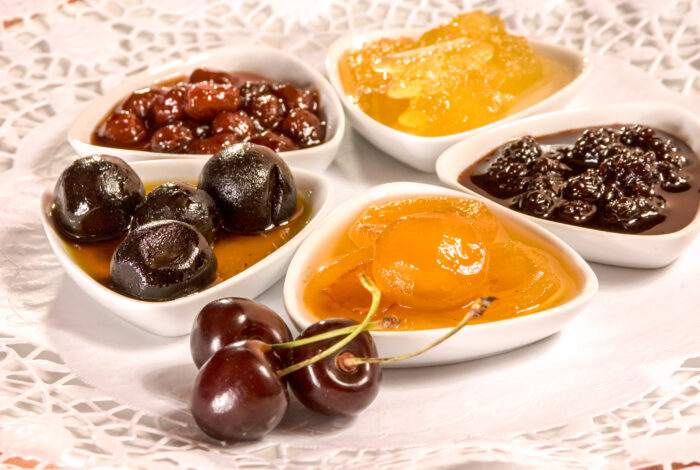1. Vegetables
Vegetables are the foundation of the Greek Mediterranean diet. Seasonal and fresh options like tomatoes, zucchini, spinach, broccoli and peppers provide essential nutrients. With a high water content – up to 90%, they provide important vitamins, such as A and C, and minerals, such as potassium and magnesium. They are also rich in dietary fibre and antioxidants, helping to support overall health and well-being. Vegetables are a basic accompaniment to meals.
2. Fruits
Fruits, such as apples, pears, oranges, bananas, strawberries, grapes and watermelon, are rich in vitamins, mainly C and A, and in natural sugars that provide energy. They have a high water content, helping to keep the body hydrated. They are also rich in dietary fibre, which enhances digestion, and they can be eaten along with meals, as a snack or as dessert.
3. Dairy products
Dairy products, such as Greek yoghurt and feta cheese, are important sources of calcium, protein and natural sugars. Yoghurt is rich in probiotics, which support gastrointestinal health, and is ideal for daily consumption.
4. Fish and Seafood
Fish and seafood are good sources of protein and contain a high concentration of omega-3 fatty acids, which support cardiovascular health and reduce inflammation. They also provide essential nutrients, such as vitamins D and B12, and minerals, such as selenium and zinc, boosting overall health.
5. Meat, Poultry and Eggs
Meat, poultry and eggs are significant sources of protein and vitamin B complex in the Mediterranean diet. Still, consumption of red and processed meat is limited. An emphasis on eating lean cuts of meat and poultry helps to maintain a balanced diet.
6. Legumes
Legumes, including beans, lentils and chickpeas, provide plant protein, dietary fibre and a number of vitamins and minerals. They are ideal for creating balanced meals and supporting good health.
7. Nuts, Fats and Oils
Nuts, fats and oils are important sources of good fats and nutrients. Nuts and seeds, such as walnuts, almonds and sunflower seeds, provide protein, dietary fibre and vitamins. Olive oil, which is the main source of fat in the Greek Mediterranean diet, is rich in monounsaturated fats that protect cardiovascular health. Olives, another key component of the Greek diet, offer similar benefits and are a popular accompaniment to legume dishes. These food groups, when consumed in moderation, contribute to overall well-being and provide flavour and nutritional value to meals.
8. Foods with High Sugar, Fat or Salt Content
Traditional Greek dietary habits include a limited consumption of foods with a high content of added sugars, fat and salt. Such foods include usually processed/packaged products, such as sweets (e.g. croissants, biscuits, candies), salty snacks (e.g. crisps, crackers), ready-to-eat frozen meals and soft drinks.
9. Herbs and Spices
Herbs and spices grown on Greek soil, including oregano, rosemary, basil, cinnamon and bay leaves, enhance the flavour of food without the need for added salt while also providing important antioxidants and nutrients. They are versatile in use and have traditional “therapeutic” properties that contribute to overall health and well-being. Additionally, mountain tea, one of the better-known Greek herbs, is famous for its antioxidant and anti-inflammatory properties.










